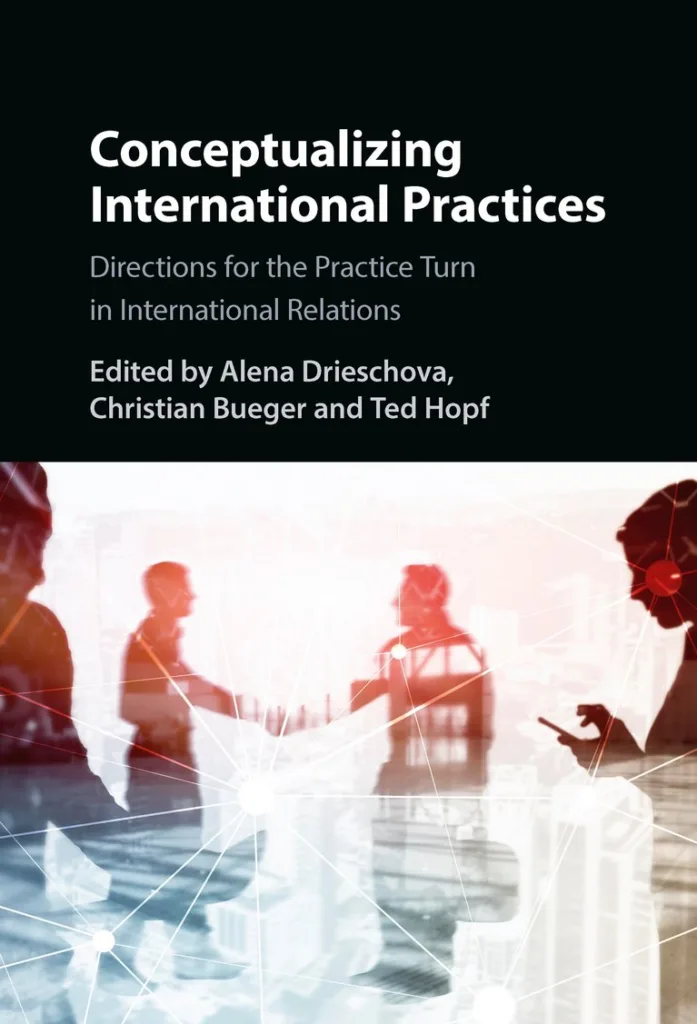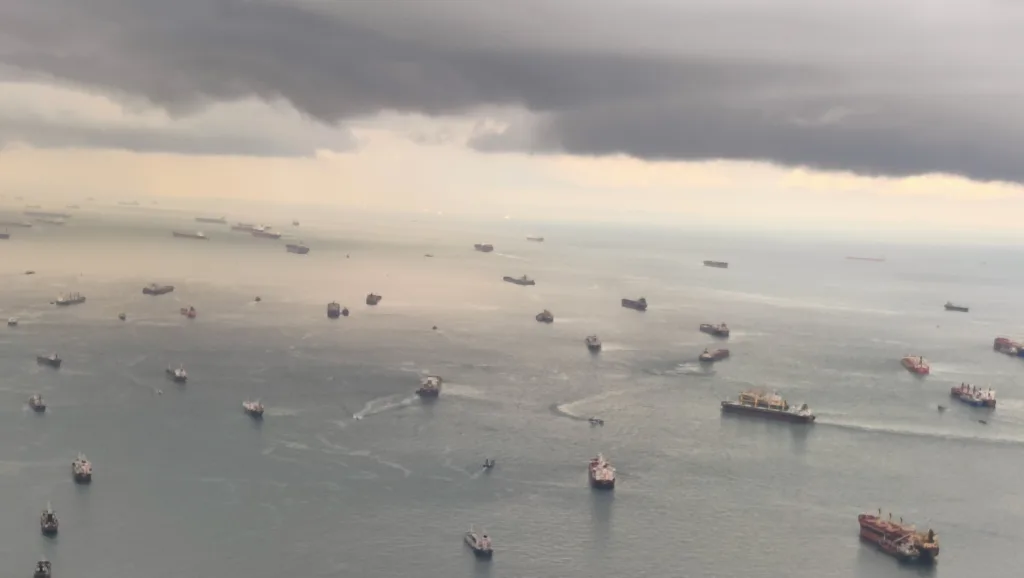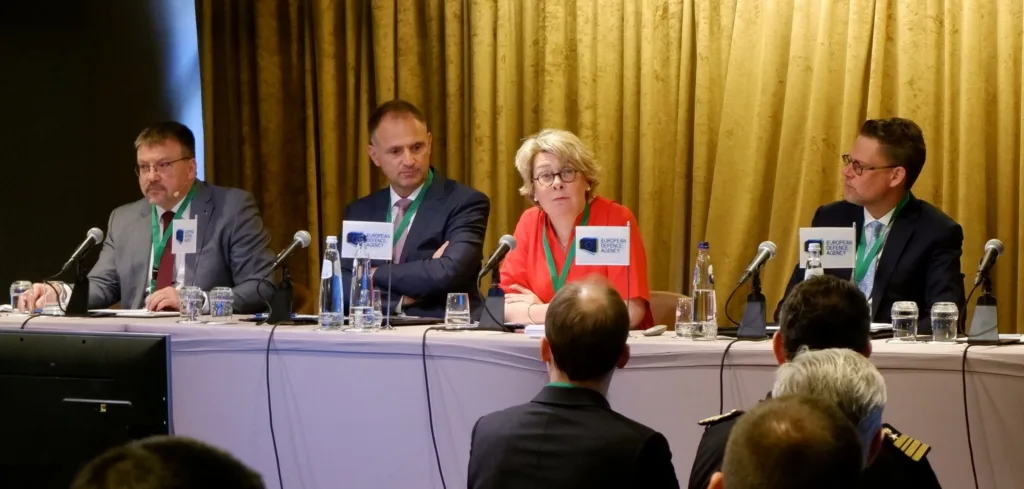Today, I had the pleasure to give a lecture to the students of the specialized course in International Maritime Security Law at the International Maritime Law Institute (IMLI), Malta.
In my lecture I addressed the role of the European Union as a global maritime security provider. I reviewed the evolution of the EU’s maritime security thinking starting out from early counter-piracy operations in the 2010s and the expansion of capacity building programs on a global level.
I also discussed the ongoing update of the EU’s Maritime Security Strategy and the new priorities it sets out, including in the fields of capability development, maritime domain awareness and critical maritime infrastructure protection.



